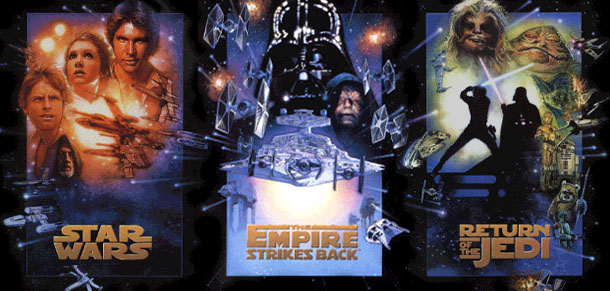
If you are in the startup ecosystem, you undoubtedly hear frequent talk about product/market fit. Investors and founders speak of it as a magical milestone. The milestone proving you have built something that people want. The moment at which investors line up and fight to give founders money. The time at which founders race to expand their teams and ramp their marketing and sales spend.
You can get lots of advice from accelerators, advisors, and investors on how to work towards this goal, but that advice often falls short. Product/market fit is not permanent. It is not the end of the journey. Instead, it is one of many steps along a never-ending path.
This obsession gives entrepreneurs and investors a false sense of security. For founders, it can lead to doing more of the same and relying on past successes. It can lead to spending too much money, too fast. But doing more of the same rarely works in the technology world. If you are doing something important, there will always be others looking to deliver a 10x better experience. They will be leveraging newer and more powerful technologies to render you irrelevant. Achieving product/market fit is not a reason to sit back and celebrate. Instead, it is an opportunity to keep innovating.
For investors, the false sense of security leads to large investments at rich valuations. It leads to getting caught up in the moment of a “hot” deal. It leads to overlooking legitimate questions about the team and the market. A select few of those investments may work out spectacularly. But there is a long list of $20M+ investment rounds leading to shutdowns, fire-sales, and layoffs. Beepi may be the latest example, but it just one of many.
In today’s early-stage venture ecosystem, many investors focus their energy and dollars on companies with momentum. But I’m focused on a different approach. This means:
- welcoming product/market fit risk
- focusing more on the team than on traction
- focusing more on how a company achieved success than on fact they did
- seeing what companies can become vs. what they are
When we invested in Dollar Shave Club’s seed round, they didn’t have product/market fit. They hadn’t yet released their launch video. They had flatlined at less than 2K subscribers. When I first discovered Nirav Tolia, then CEO and founder of the fledgling user-generated sports almanac, Fanbase, Nextdoor didn’t even exist yet. But these companies had Michael Dubin and Nirav. They had unique insights into their markets. They possessed a relentless drive and a healthy chip on their shoulder. And their vision and charisma would later give them unfair access to talent and capital.
A few years later Dollar Shave Club had millions of customers and a rapidly growing business. Nextdoor had deep engagement across more than 100K US neighborhoods. Both had achieved product/market fit, but they refused to slow down. They never stopped innovating.
At Shasta Ventures, we are looking for founders that refuse to be satisfied. We are looking for founders that see product/market fit not as the end, but as just one step along that never-ending road.






 credit card industry, Jason and Jasper set out to unbundle the credit card. The result is
credit card industry, Jason and Jasper set out to unbundle the credit card. The result is  recent investment, the
recent investment, the 


